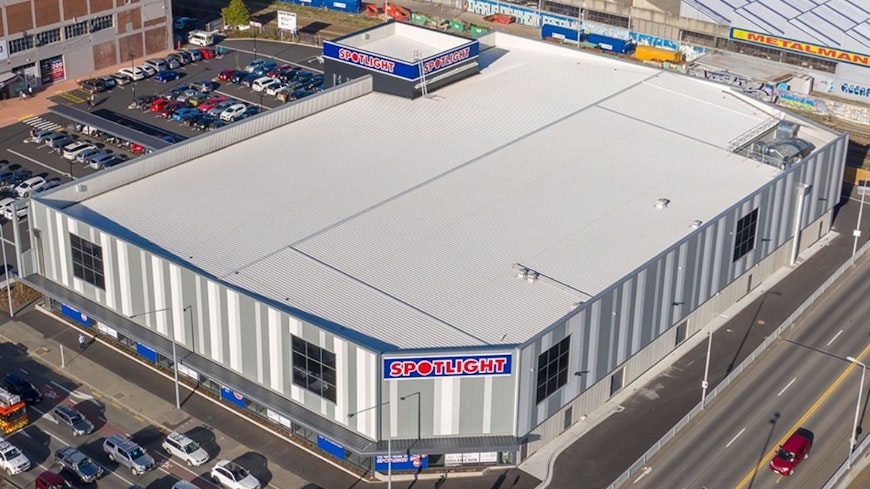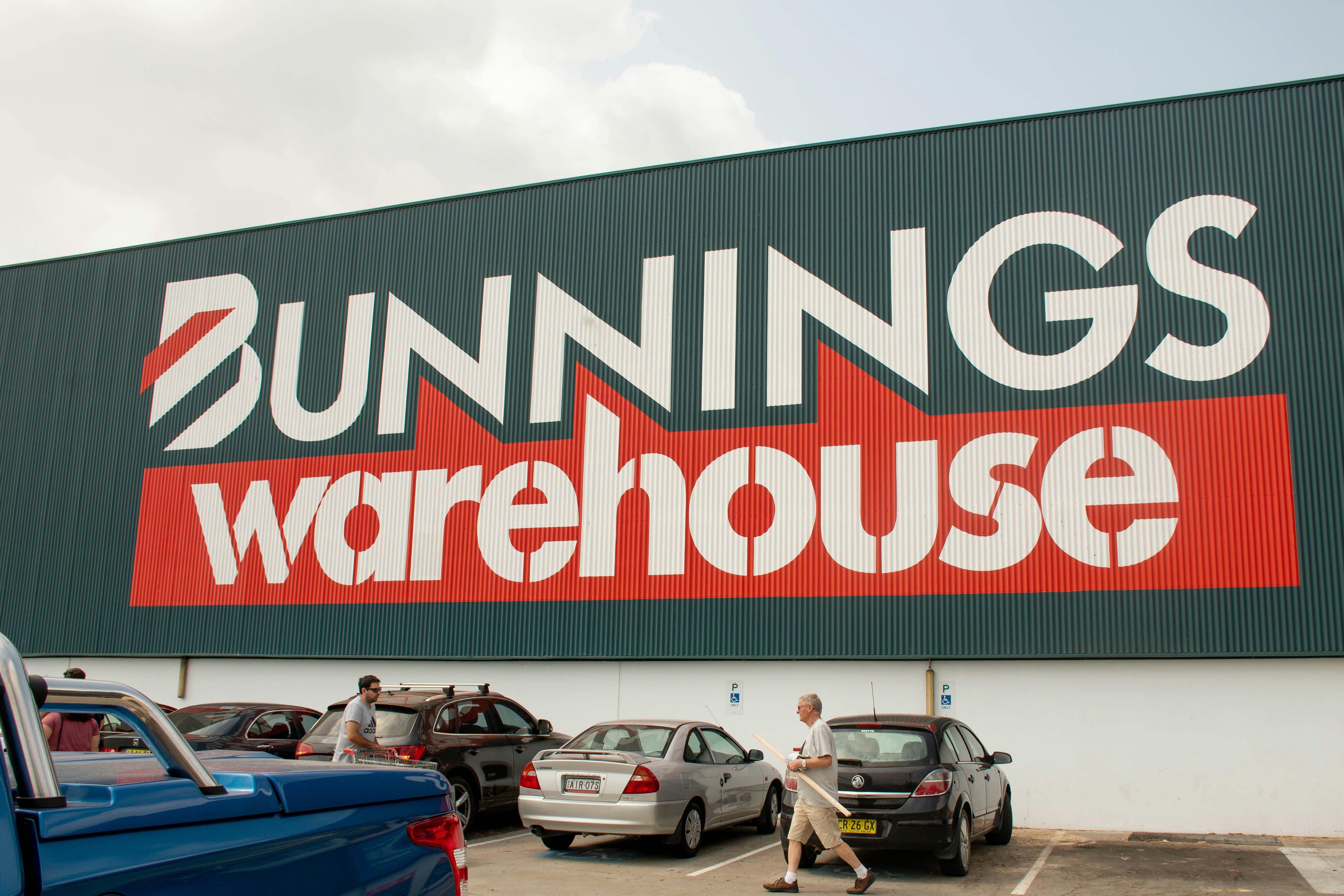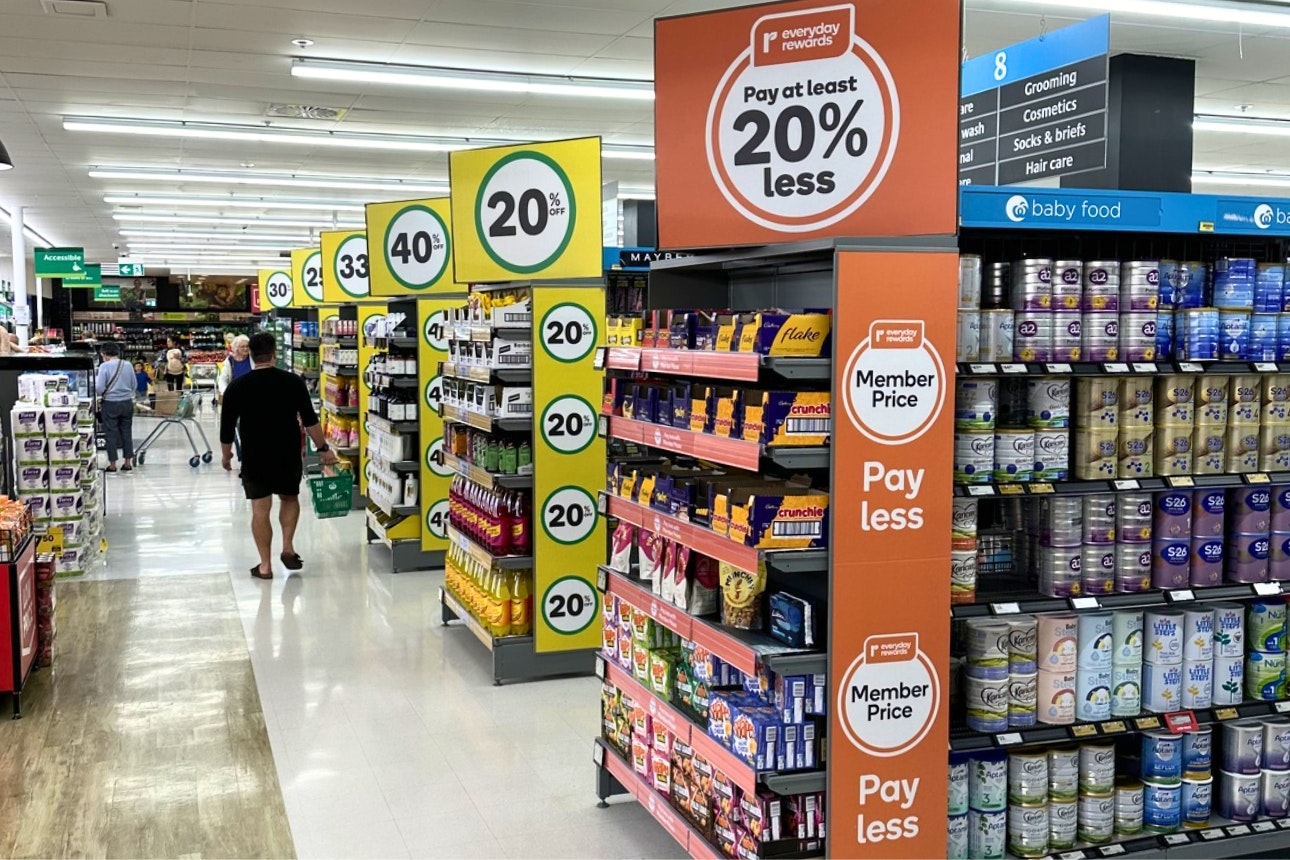
By Vanessa Pratley
Investigative Journalist | Kaipūrongo Whakatewhatewha
Aussie retailer Spotlight is in hot water after the Advertising Standards Authority (ASA) upheld a complaint that its “biggest sale ever” advertisements were misleading.

Spotlight store in Christchurch / Photo taken by Kingspan
From 25 December 2024 to 1 January, Spotlight advertised its “biggest sale ever,” promising 20–50% off storewide. The sale then continued from 2–14 January using the same name.
But a customer wasn’t convinced Spotlight had grounds to make the claim.
In their complaint to the ASA, the customer asked, “How do we as customers know it is actually their biggest sale ever? Or if it’s just the title of yet another advertising campaign?”
“They have sales constantly, one sale ends and another starts,” the complaint read.
In a recently released decision, the ASA said it had referred the complaint to its complaints board, which considers whether advertisements have breached standards such as truthful presentation.
It said when making an “absolute” claim, Spotlight should have had “robust, quantifiable evidence to support [the claim].”
When challenged by the ASA’s complaints board, Spotlight defended its advertisement. It said the “sale included more products at bigger discounts than any other sale advertised by Spotlight NZ in the previous 12 month period.”
But Spotlight’s advertisement claimed the sale was the businesses “biggest ever,” not the biggest of the year.
“The Complaints Board agreed the likely consumer takeout of the advertising was that Spotlight was continuing to run the biggest sale they have ever had.”
It unanimously agreed that the advertisement was misleading and ordered Spotlight to stop using it in its current form.
When a special isn’t special
At the time of writing, Spotlight is advertising another 20–50% off storewide sale, less than a month after its “biggest ever sale”.
Advertising frequent sales has the potential to land Spotlight in more hot water.
According to the Commerce Commission, sales are limited opportunities for customers to buy goods at discounted prices, rather than something ongoing.
When a product is regularly sold at a discounted or promotional price, this price becomes the usual price. A business risks misleading consumers by continuing to advertise a usual price as special.
Under the Fair Trading Act, it is illegal for a business to engage in any misleading or deceptive conduct, including in relation to the price of goods.
If a business is found to have breached the act, it can be liable for a fine not exceeding $600,000 per breach. Strandbags was fined $780,000 in 2022 for misleading consumers with its “special” pricing and Look Sharp was fined $292,500 in February 2025 for similar conduct.
Tips for spotting a real special
A sale must be a genuine opportunity for consumers to buy a product at a discounted price. It should be for a short period, and the start and end dates should be clear.
The reason for the sale must be genuine. Retailers can’t have a “closing down” sale if they have no intention of closing.
Retailers should clearly indicate any items excluded from the sale and any stock limitations must also be made clear. For example, you might only be able to buy four rolls of that cost-price toilet paper.
You may come across was vs now pricing, where the special price is compared with the manufacturer’s recommended retail price (RRP). If the retailer usually sells the product below RRP, it’s misleading to use the RRP in a price promotion.
Do your research before you buy. If you’re looking for a particular product, track prices online for a few weeks before you go to the shops. If it’s not on sale this week, odds are that’ll change. You can track prices at pricespy.co.nz.
Spotted a big sale but unsure if the claim stacks up? Get in touch with us at [email protected].

Know your consumer rights
Got a problem with a product you bought? Or maybe your flight has been delayed or cancelled? Whatever the problem, we can help.



